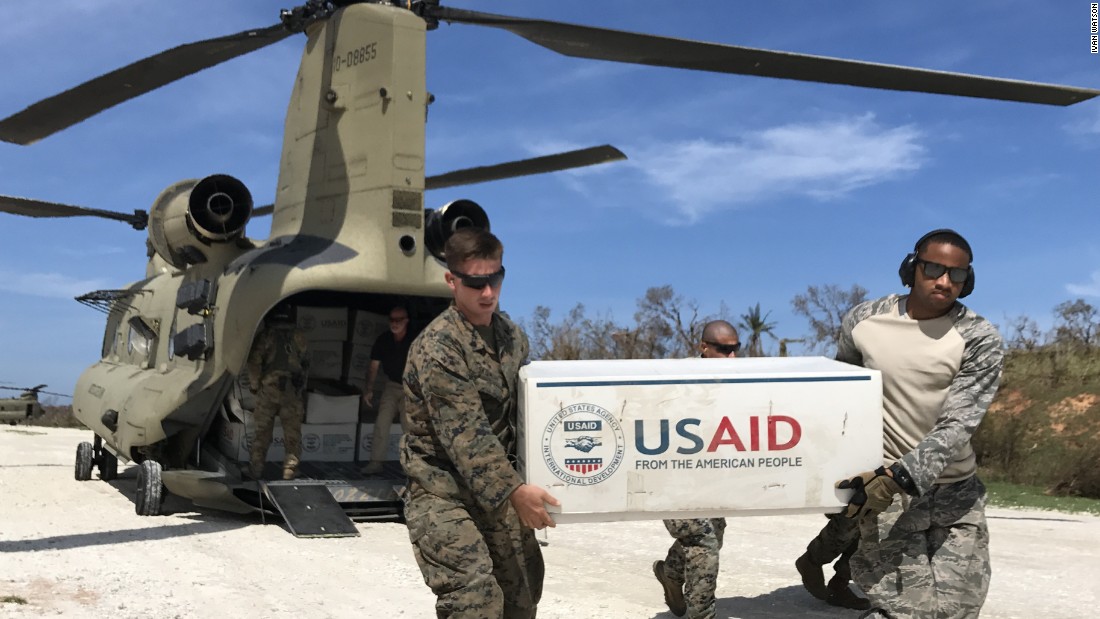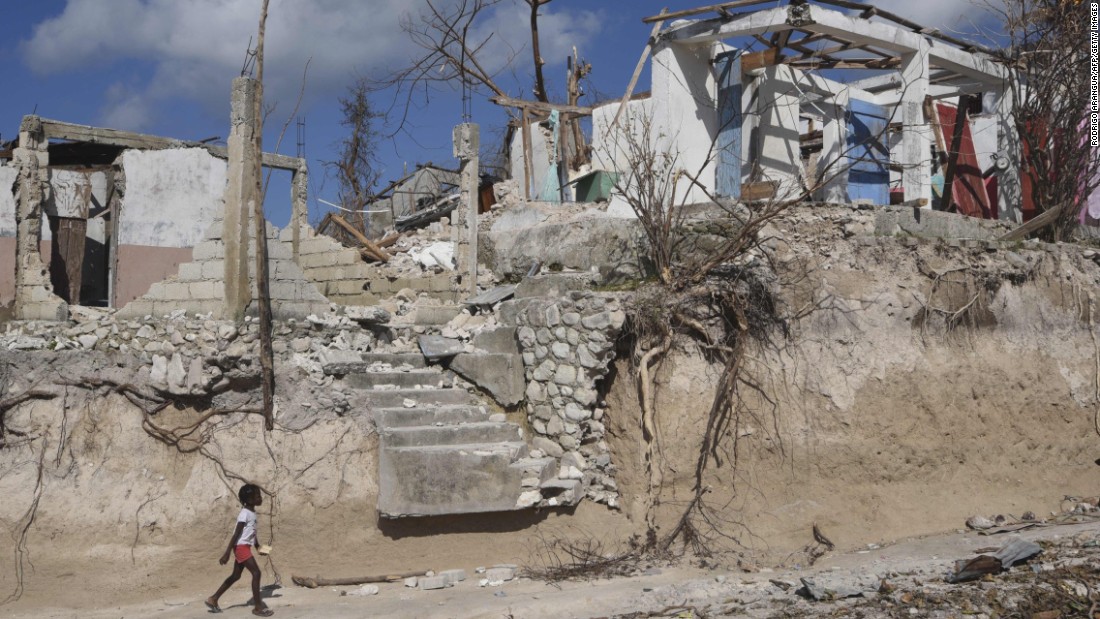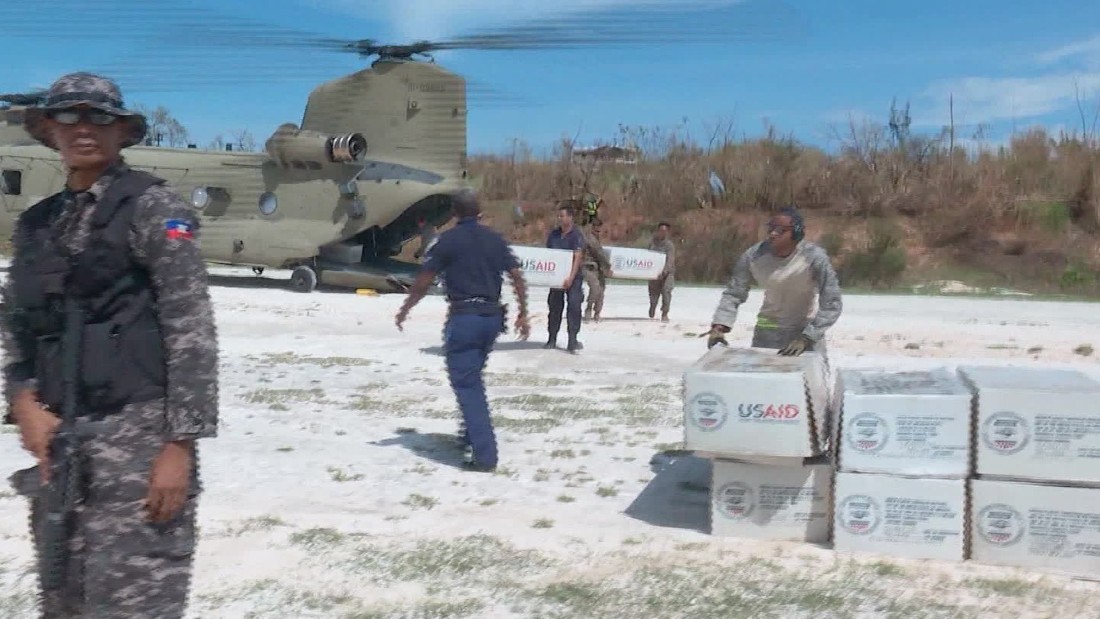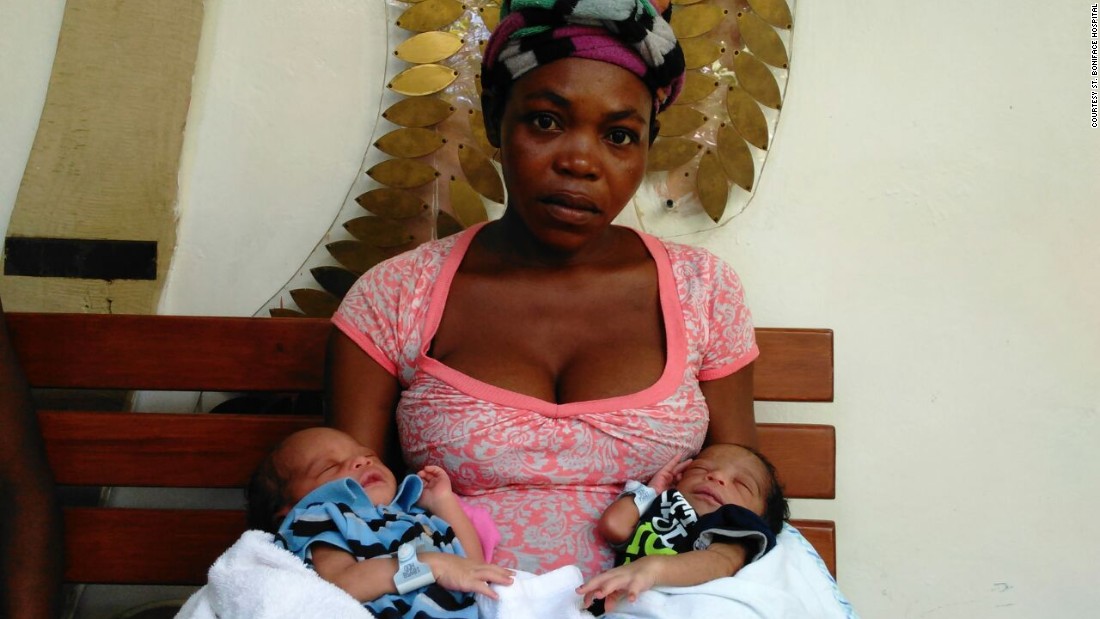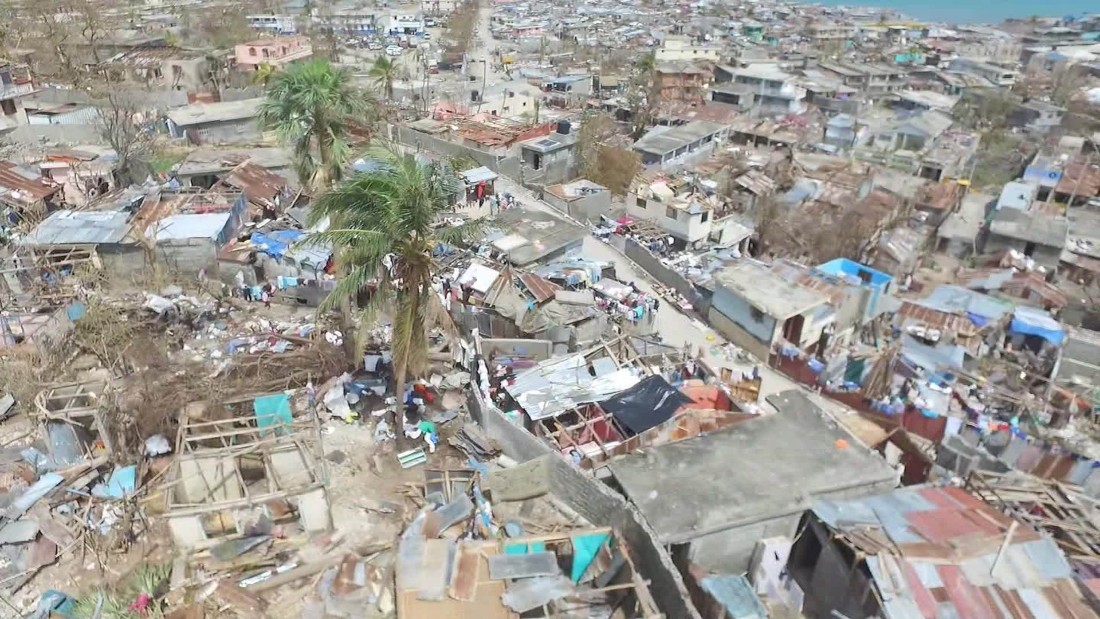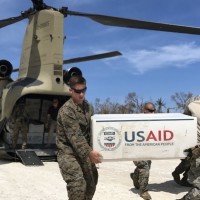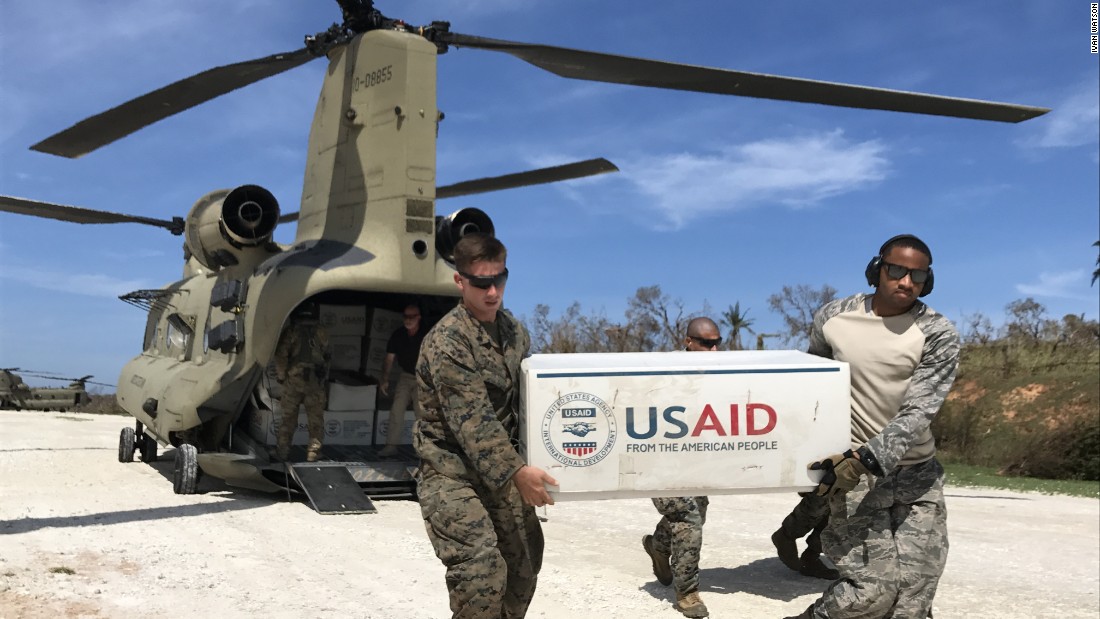
(CNN)In Georgia, Haitian-Americans answer phone calls to a hotline they set up for people interested in donating to relief efforts in Haiti.
More than 600 miles away, in South Florida, volunteers stream into a warehouse daily, sorting medicine, hygiene products and other items for delivery to the island nation.
A medical team led by the Haitian American Nurses Association of Florida lands in Haiti, bound for Aquin, Cavaillon and Les Cayes, three areas hit hard by Hurricane Matthew, according to a coalition called The Haitian American Hurricane Matthew Relief Effort.
Nationwide, Haitian-Americans are leading relief efforts for their home country after Matthew killed hundreds in the southern portion and caused panic over
potential rise in cholera outbreaks. Frustrated by what they believe is the lack of progress in Haiti after the 2010 earthquake, some are advocating donating to smaller “Haitian-led” groups, not larger international groups, such as the American Red Cross.
‘An opportunity lost’
France Francois, who worked on social issues for the Inter-American Development Bank during its reconstruction efforts in Haiti after the earthquake, is among those who have encouraged potential donors to skip the American Red Cross.
“Billions of dollars flooded into Haiti through international NGOs … after the earthquake. And I think everybody thought that it was an opportunity to really construct a country that had proper urban planning, proper sanitation …. seismic-proof housing that could withstand certain levels of wind during these type of hurricanes and disasters,” Francois said in an interview last week from Panama, where she lives. “Instead, none of that happened. Haiti is no more prepared for a disaster today than it was six years ago when I started working in Haiti. For us as Haitians, this was an opportunity lost.”
Francois, who now works with a group that helps to reintegrate former gang members into Panamanian society, says it’s imperative the rebuilding and relief effort be Haitian-led this time around.
Lists have been shared on social media suggesting groups to donate money to, including one that lists “
Trusted Haitian Organizations,” in Haiti and the United States.
Schaffer said the relief agency has been focusing on damage assessments in Haiti since Matthew, and with the help of local groups, continues to work to get needed items to displaced residents, including hygiene, cholera prevention supplies and shelter supplies.
“There is so much need in Haiti right now in response to Hurricane Matthew that really the more humanitarian organizations and the more grass roots organizations that can work together to get critical relief supplies to the residents … the better,” Schaffer said.
‘When the cameras leave … we’re left feeling the impact’
Political instability has impeded Haiti’s ability to deal with its problems. The country was ruled by three decades of father-son dictators who assassinated political foes and crushed dissent. In a ranking by Transparency International of corruption, Haiti ranks near the bottom as 158th out of 167 countries.
Sandra Miniutti, vice president of marketing for Charity Navigator, a New Jersey-based nonprofit that rates charities, suggests using Global Giving, a nonprofit that connects donors, nonprofits, and companies worldwide, as a guide for Haitian-based charities. She said groups in Haiti are not registered in the same way nonprofits are in the United States, where they are required to file a 990 with the IRS.
“Generally, with crisis giving, we also recommend that donors go with charities that have done this type of work in the past,” she said.
Francois, 30, who holds a master’s degree in international development and conflict resolution from American University in Washington, said the perception to many is that Haiti is a place “where Haitians are unskilled and simply waiting to be saved.”
She said “Haitians themselves need to be proactive in changing the disaster capital narrative so that other people aren’t speaking for us.”
“Because when the cameras leave and the large scale NGOs, like American Red Cross are done with their press conferences, we’re the ones that are left on the ground feeling the impact,” said Francois, a Cap Haitien native who grew up in Miami. “So, therefore, we should be the ones telling people what we need and how you can help us move forward and reconstruct after this type of disaster.”
Read more: http://www.cnn.com/2016/10/17/americas/haiti-hurricane-matthew-relief-efforts/index.html


